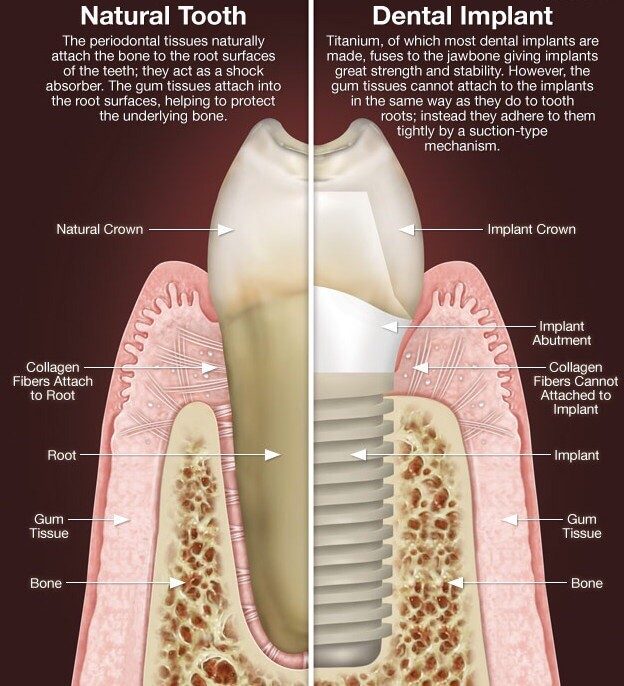As a parent, ensuring the health and well-being of your child is one of your top priorities. While you focus on providing a balanced diet, adequate sleep, and emotional support, one area that is often overlooked or delayed is dental care. Many parents are unsure about when to start their child’s dental care routine or what steps to take to ensure their child’s smile is healthy. However, the importance of early dental care cannot be stressed enough. By starting dental visits early and encouraging good oral hygiene habits, you can set the foundation for a lifetime of healthy teeth.
In this guide, we will explore the benefits of early dental care for children, when to start, and what parents can do to promote a positive relationship with oral health from a young age.
When Should Dental Care Begin?
The American Academy of Pediatric Dentistry (AAPD) recommends that children visit the dentist by their first birthday, or within six months after the eruption of their first tooth. While this may seem early, the first dental visit plays a crucial role in identifying any potential issues and establishing healthy habits. Early dental visits provide an opportunity for parents to ask questions, learn about proper oral hygiene techniques, and receive guidance on nutrition that supports healthy teeth.
It’s important to note that even before your child’s first tooth erupts, you should begin caring for their gums. You can do this by gently wiping their gums with a clean, damp cloth after feedings. This helps remove bacteria and starts the habit of maintaining oral hygiene from the very beginning.
Benefits of Early Dental Care
1. Prevention of Tooth Decay
Tooth decay is one of the most common chronic childhood diseases. In fact, according to the Centers for Disease Control and Prevention (CDC), nearly 1 in 5 children aged 5 to 11 years have at least one untreated decayed tooth. Early dental visits can help prevent tooth decay by allowing the dentist to identify potential issues before they become severe. Regular check-ups provide the opportunity for fluoride treatments and dental sealants, which can help protect your child’s teeth from cavities.
2. Early Detection of Dental Problems
Children’s teeth can develop a variety of issues, including alignment problems, tooth decay, and signs of oral infections. Visiting the dentist early allows for the early detection of such problems. If issues like misaligned teeth or jaw development concerns are spotted early, the dentist can recommend preventive measures or early intervention, such as braces or other orthodontic treatments. The sooner these problems are identified, the easier and less expensive they are to treat.
3. Establishing Healthy Habits
The earlier your child starts visiting the dentist, the more likely they are to develop positive oral hygiene habits. Children who are familiar with the dental office and comfortable with their dentist are less likely to experience fear or anxiety about dental care as they get older. Early visits also provide an opportunity for dentists to educate both parents and children about the importance of brushing, flossing, and eating a tooth-healthy diet. By teaching kids the basics of good oral hygiene at a young age, you can help them develop habits that will last a lifetime.
4. Positive Dental Experience
Children who begin visiting the dentist at an early age are more likely to have positive experiences with dental care. Familiarity with the dental environment and the staff can help alleviate fear and anxiety, which many children experience when they first visit the dentist. By creating positive associations with dental visits, you can prevent the development of dental phobia that could hinder your child’s future oral health.
5. Oral Health Education for Parents
One of the key benefits of early dental visits is that they offer parents the chance to learn about proper oral health care techniques. Pediatric dentists are trained to educate parents on a wide range of topics, from teething to thumb-sucking and bottle-feeding habits, all of which can affect your child’s dental development. By taking advantage of these educational opportunities, you’ll be better equipped to care for your child’s teeth and prevent dental issues from arising.
What to Expect During Your Child’s First Dental Visit
The first dental visit typically lasts about 30 minutes. During this visit, the dentist will examine your child’s mouth, check for any signs of tooth decay or other oral health issues, and assess the development of the teeth and jaw. For very young children, the visit may be more about acclimating them to the dental office and creating a comfortable, positive experience.
Your child’s dentist will also provide recommendations for at-home care, including tips on brushing and flossing techniques, when to start using toothpaste, and what kind of toothbrush is appropriate for your child’s age. They will discuss how diet affects dental health and offer suggestions for preventing problems like cavities and tooth decay.
For children older than three, X-rays may be taken to check for any underlying dental issues, such as cavities between teeth or issues with tooth alignment. However, these X-rays are only necessary if the dentist feels they are needed based on the child’s oral health.
Tips for Parents to Encourage Good Oral Health at Home
In addition to regular dental visits, there are several ways you can help your child maintain healthy teeth at home:
-
Brush Twice a Day: Make brushing a fun and consistent part of your child’s daily routine. Use a small, soft-bristled toothbrush and fluoride toothpaste. For children under three, use a rice-sized amount of toothpaste, and for children ages three to six, use a pea-sized amount.
-
Flossing: As soon as your child has two teeth that touch, begin flossing them daily. Flossing helps remove plaque and food particles between teeth, which a toothbrush can’t reach.
-
Limit Sugary Snacks and Drinks: Sugary foods and drinks contribute to tooth decay. Encourage healthy snacks like fruits, vegetables, and cheese instead. Also, limit sugary drinks, including juice, to help prevent cavities.
-
Encourage Drinking Water: Water helps wash away food particles and bacteria in the mouth. Encourage your child to drink water throughout the day, especially after meals.
-
Be a Good Role Model: Children are more likely to adopt healthy habits if they see their parents practicing them. Show your child the importance of oral health by brushing and flossing your teeth regularly.
Conclusion
The benefits of early dental care extend far beyond just maintaining a beautiful smile. By starting dental visits early, you help ensure that your child develops healthy teeth, reduces the risk of dental issues, and builds a positive relationship with their dentist. Early dental care sets the stage for lifelong oral health, and it’s a step that every parent should prioritize. If you haven’t already scheduled your child’s first dental visit, don’t wait any longer. Take the first step toward a lifetime of healthy smiles and ensure that your child’s dental care starts on the right foot.
At Castle Hills Dentistry, we specialize in providing gentle, comprehensive dental care for children of all ages. Our friendly team is dedicated to making your child’s first dental visit a positive and educational experience. Schedule an appointment today and give your child the gift of a lifetime of healthy smiles!
For more details – “CLICK HERE“












